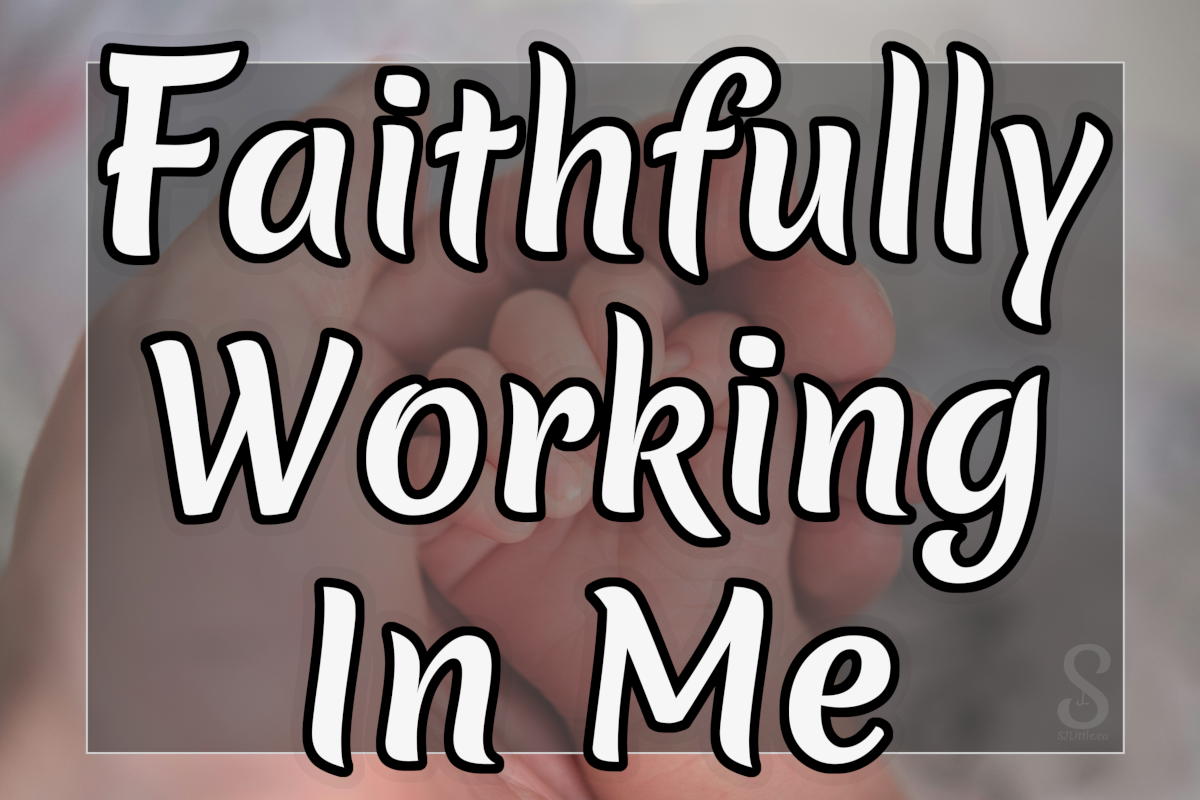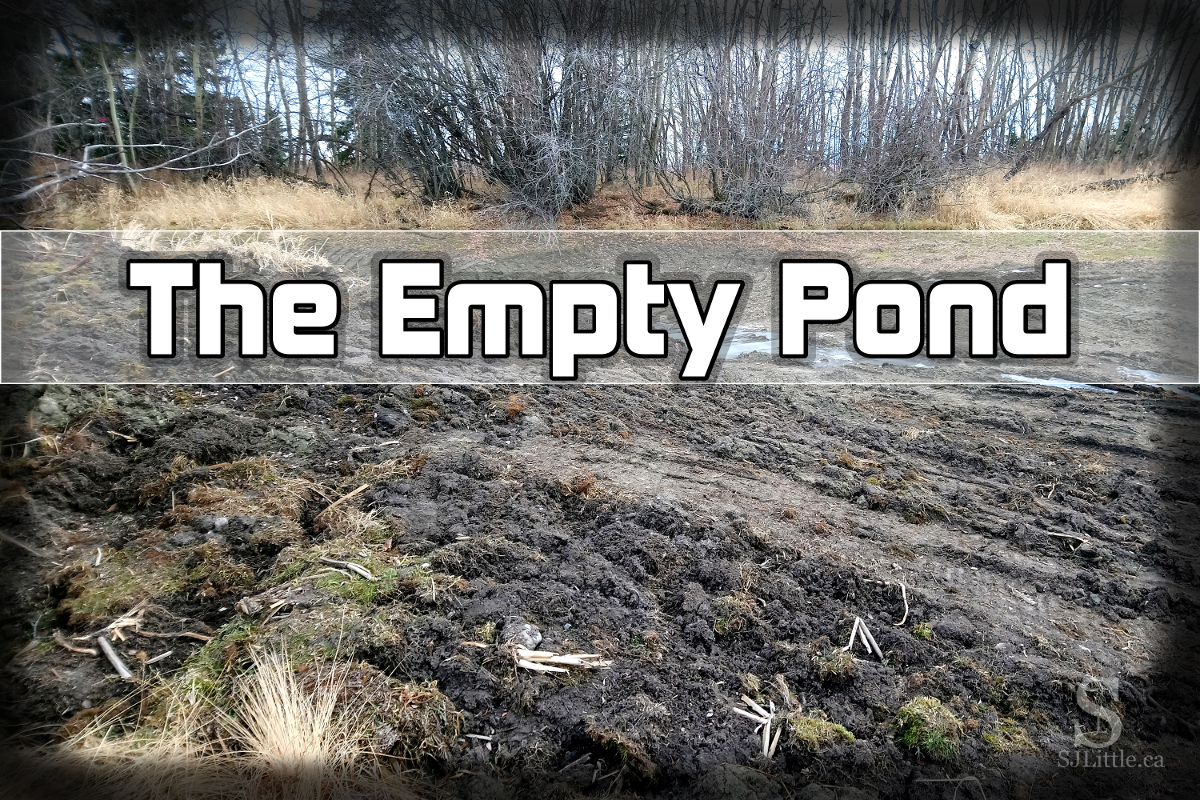
While my husband finished his breakfast, I let our toddler cuddle up on my lap, or what was left of it. At 36 weeks pregnant there’s not a lot of room left on my lap for her.
We chatted about the plan for the day.
I gave my daughter a little squeeze. “You get to stay with Grandma today while I go to a doctor’s appointment for baby.”
My toddler rested her head against me. “Strong and healthy.”
“That’s right. The doctor is checking to make sure baby is strong and healthy.”
I glanced across the table at my husband. “It’s a routine appointment. They’ll likely want me to book another one for next week since I’m so far along now. What are you up to today?”
My husband launched into a description of his expected meetings and the project he had on the go at work.
His words trailed off when our daughter sat bolt upright, shock covering her face.
I laughed. “Baby just kicked you.” I had felt the strong movement too.
Her shock turned to a grin, as she shifted to rest a hand on my belly.
“You really felt that didn’t you?”
“More?”
“He might kick you again, but I don’t know if he will. Sometimes he kicks a lot, but sometimes he is sleeping. I think he was sleeping just a minute ago, but then he kicked you.”
It wasn’t until the next morning that I found myself thinking about how the movements of my soon-to-be-born baby can stand as a meaningful reminder to me of how God works in my life.
Let me explain.
The kicks of an unborn baby are a wonderful, reassuring thing (though sometimes uncomfortable). Each kick is a reminder that he is alive and active. At checkups, the doctor asks if I’ve been feeling the baby kick because it is an important indicator that the baby is doing well.
Yet the baby isn’t always kicking. Sometimes he is sleeping.
More often than not, it is when I am busy or walking about that he sleeps. Then, within minutes of my sitting down or lying down to relax, I feel him start kicking.
His movements aren’t always the same either. Sometimes I feel his kicks on the right side, sometimes on the left. Sometimes he jabs at my ribs (those aren’t so comfortable), while other times he kicks deep within me. At times his movements are big and pronounced, visible to those sitting beside me. At other times, they are subtle and easy to miss. Still other times his movements are not kicks at all. Instead they are the steady rhythm of hiccups.
When I don’t feel him actively moving, does it mean there is a problem? No, unless the stillness lasts too long. He is most likely taking a nap while he continues to grow and develop.
Similar can be said of my relationship with God.
Sometimes I can see and feel that God is actively at work in my life. I know that I am walking with Him and He is growing me closer to Him.
Other times, I can’t feel Him. I sometimes start to worry – am I still following God? Have I become distant? Is He still at work in my life?
Just because I can’t feel God at the moment, doesn’t mean there is something wrong. God can still be at work in my life, even when I don’t feel it.
Often it is in the seasons of busyness that I feel Him less – such as the season I’m about to step into as the mom of a newborn.
That said, to help my baby’s growth and development be at an optimum, I must continue to eat a reasonably healthy diet, take my prenatal vitamins, and drink water – lots and lots of water.
Regardless of whether I have felt my baby kicking in the past while, I continue to eat for his optimum growth.
The same should be the case in my walk with Jesus. Regardless of whether I feel super close to God at the moment, it is still critical to be ingesting a healthy spiritual diet – Bible reading, worship songs, prayer, and times of fellowship with other Christians.
These elements will help keep me growing and learning more about God whether I feel it or not.
Today, whether I feel it or not, may I trust that, “He who started a good work in you will carry it on to completion until the day of Christ Jesus.” (Philippians 1:6 CSB)







